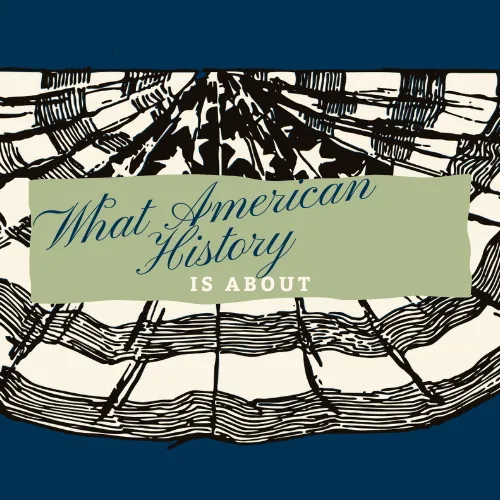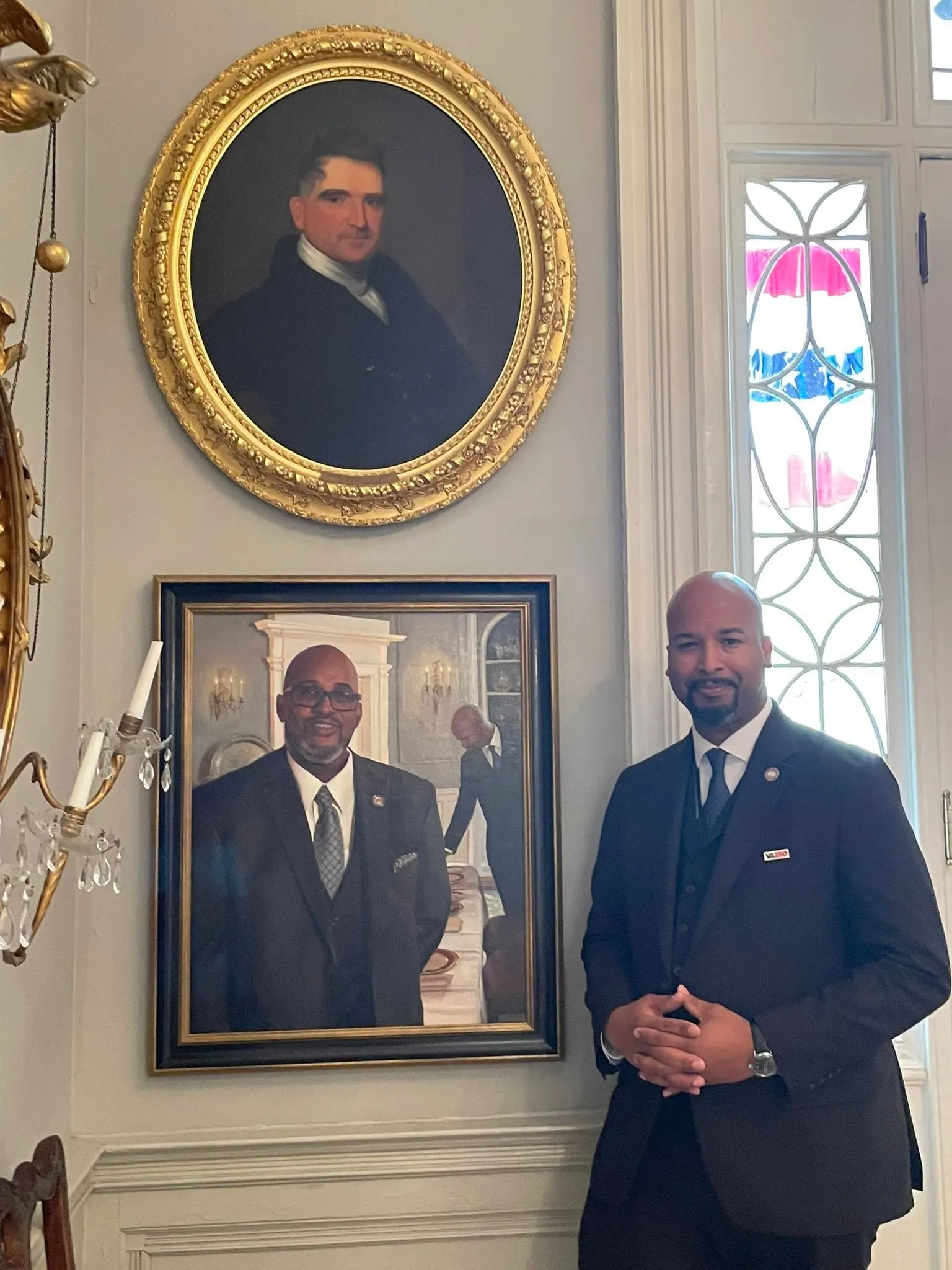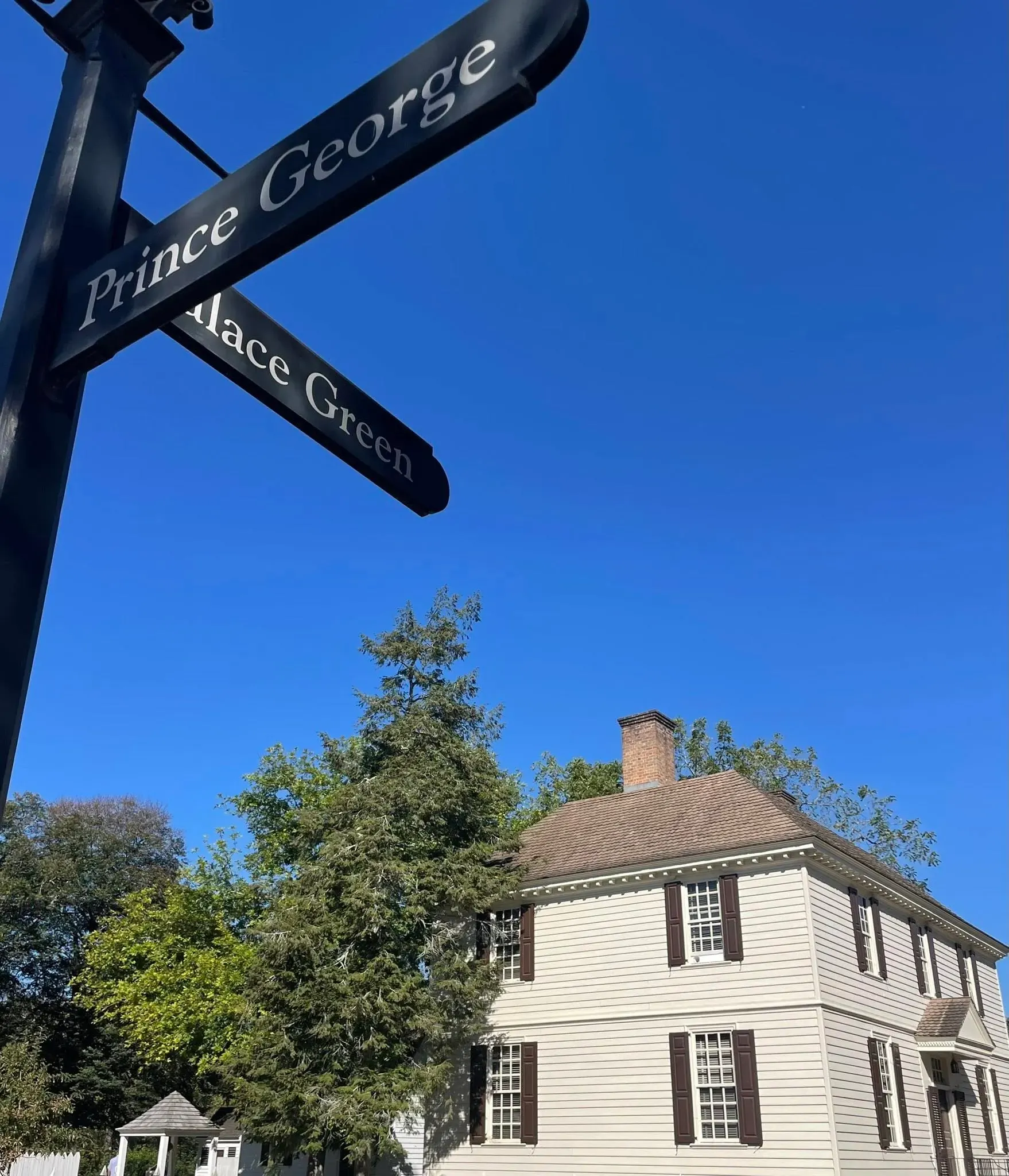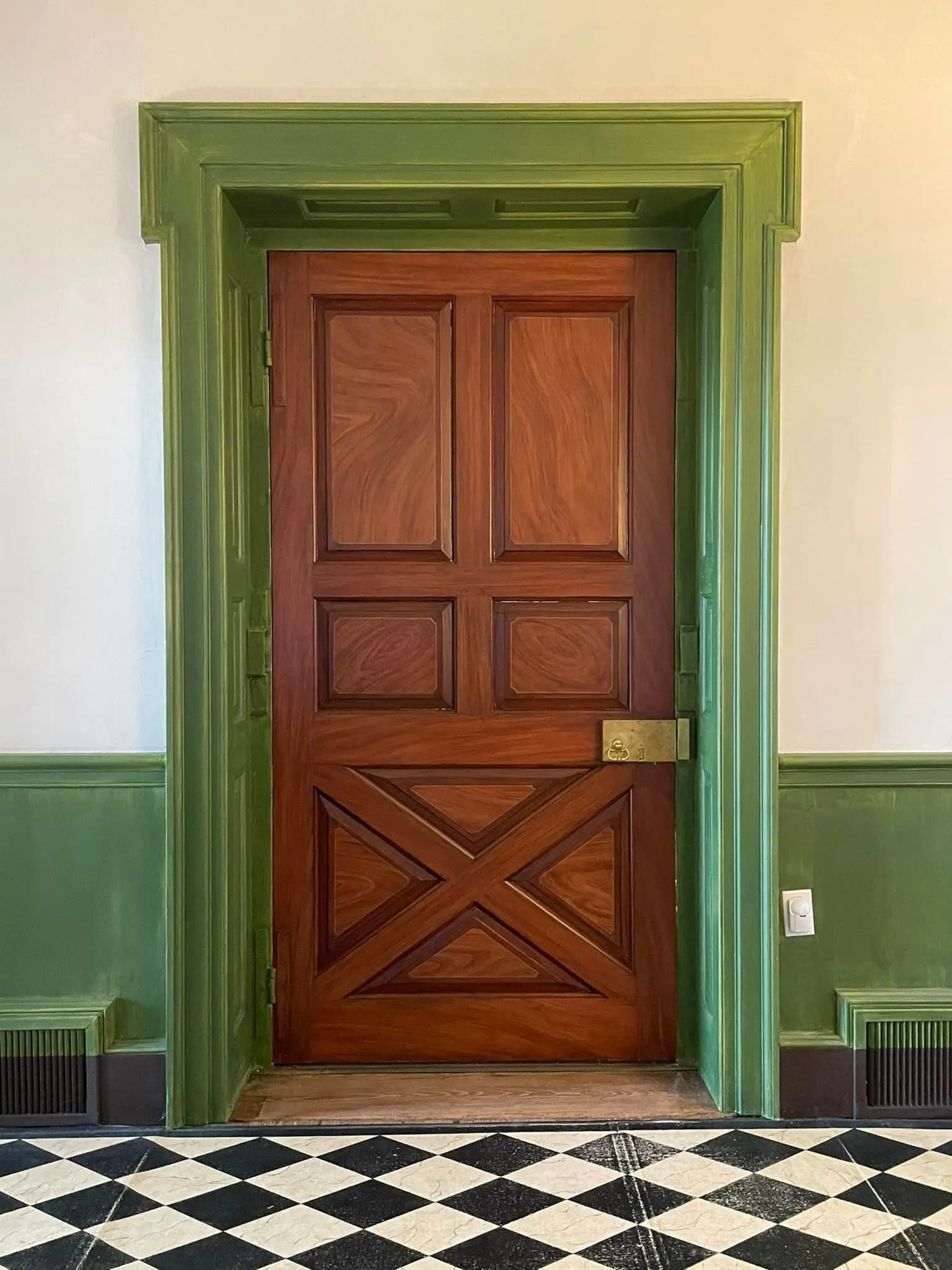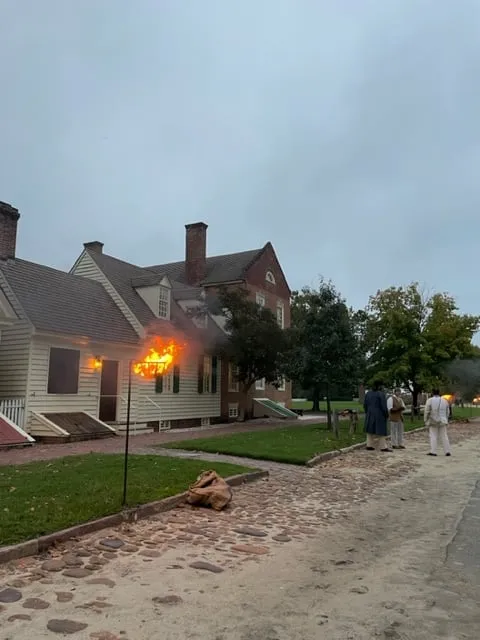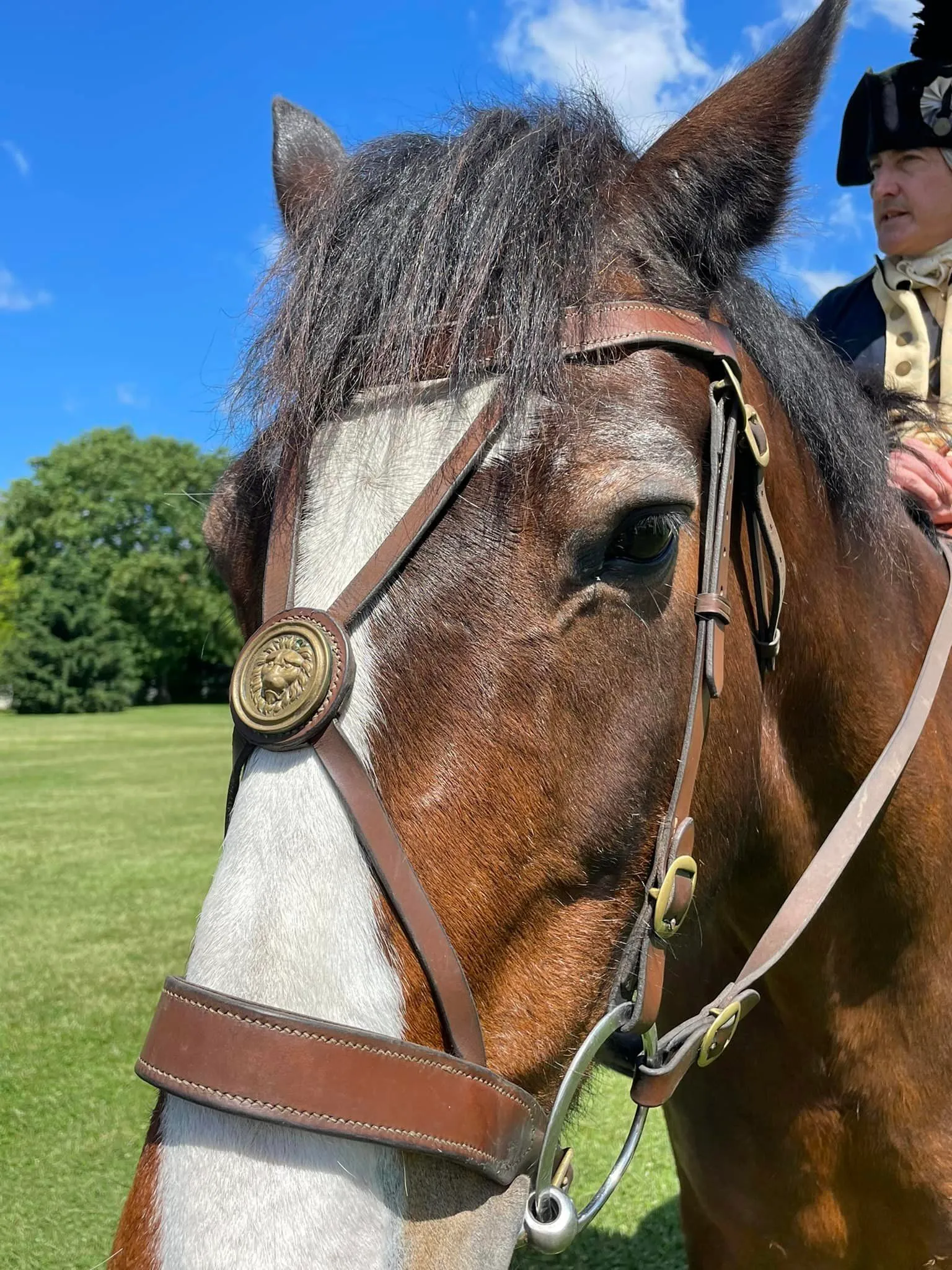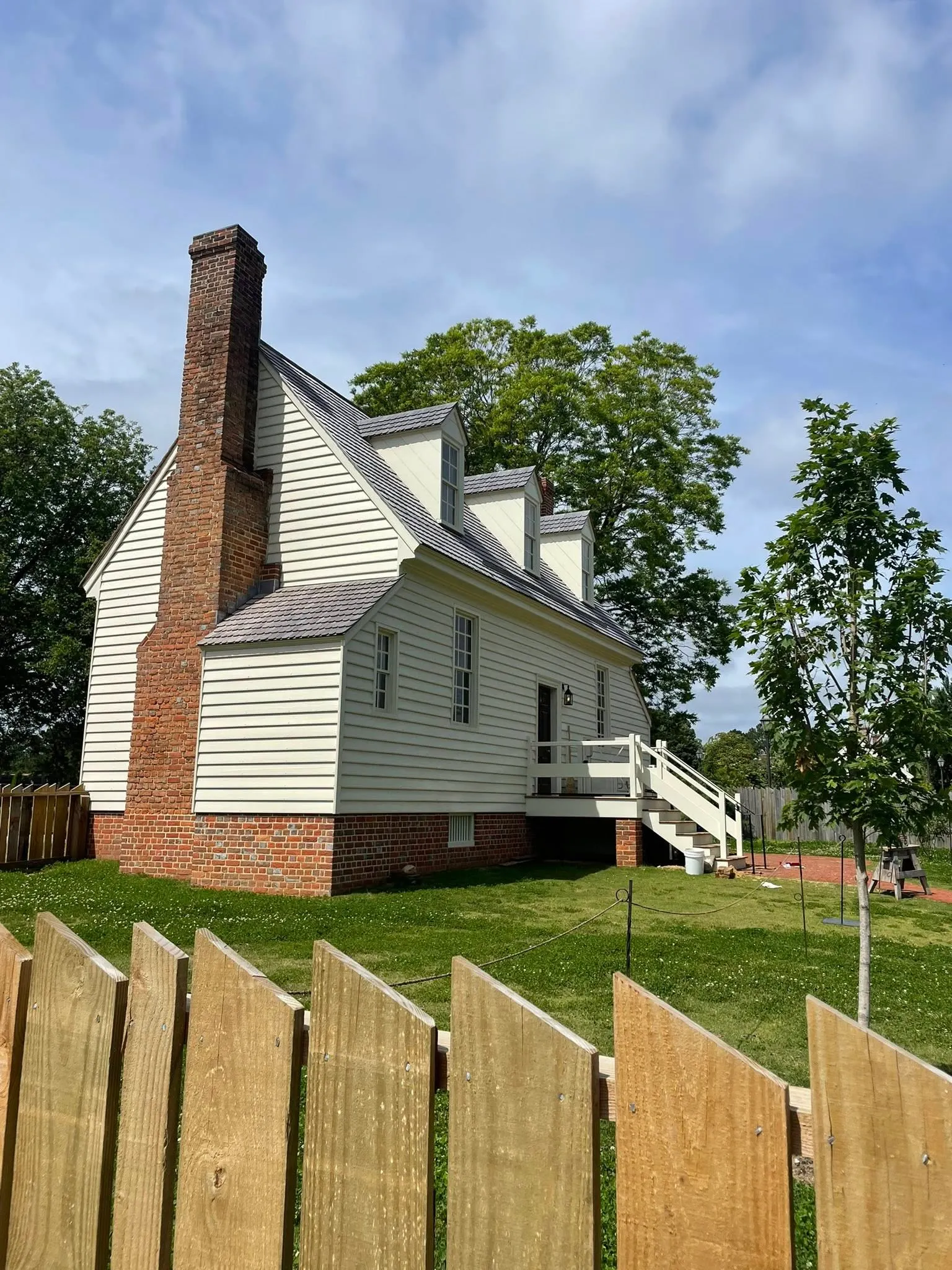Meet John Hancock: The Man Behind America’s Most Iconic Autograph
The John Hancock rabbit hole.
From researching September 16th events to a post about John Hancock.
I love doing "this day in history" posts; especially when I dive into something specific because I jumped down a rabbit hole. What was going to be a "this day in history" post for September 16th evolved quickly. It ended up being a post about John Hancock, one of the men pivotal in the story of American Independence.
Mr. Hancock isn't someone who has been mentioned much on this blog; not by intentional omission, but due to the simple fact I haven't run across him as much as some of the other "founding fathers."
That changed with a visit to Colonial Williamsburg's John D. Rockefeller Library, where I was paging through Dixon and Hunter Gazette Number 1258, September 16, 1775 (No. 1258).
Disclaimer: As a blogger, I use affiliate links sometimes! I may receive commission from purchases I share; it does not change your price but sometimes you might get a discount.
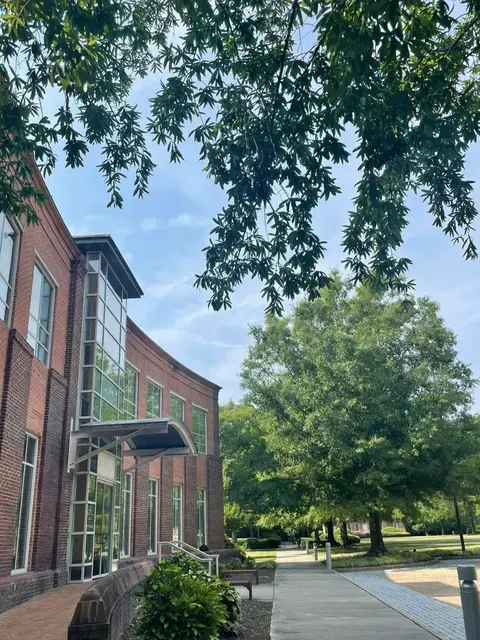
Entrance to John D. Rockefeller Library, open to public
The marriage announcement of John Hancock.
18th century newspapers tend to have a cadence from what I've found. The first few pages are dedicated to some of the biggest stories. When stories (letters, announcements, government or military news) come from far away, they may have a creation date weeks or even months prior to the publication date.
So while looking through No. 1258, I found an August 28th marriage announcement from Massachusetts: John Hancock to "Mifs DOROTHY QUINCY, daughter to Edmund Quincy, Efq., of Boston."
1775 was a pivotal year for everyone this side of the ocean. But for John Hancock, it was big. Not only did he get married in August, but upon the October death of Peyton Randolph, President of the Continental Congress, Hancock became President.
Who exactly is this man whose name we use colloquially for "putting your John Hancock here" instead of your "Peyton Randolph?"
In true blogger style, I'm keeping it simple. Three professional facts, and three personal. Just a taste!
RELATED: Click here to learn more about Peyton Randolph on the Library of Virginia's website.
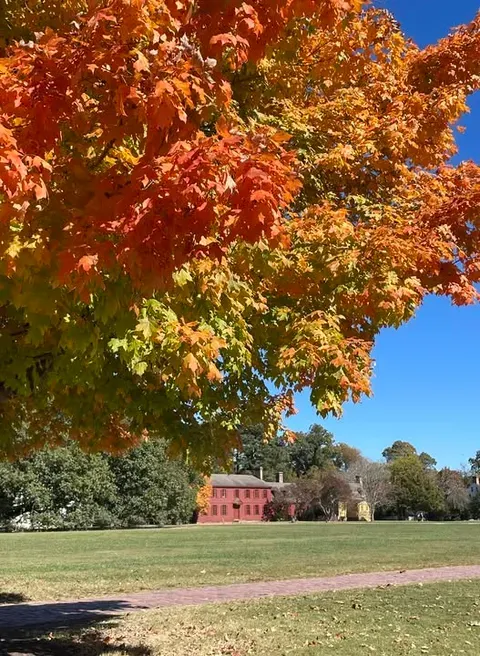
Peyton Randolph House, fall 2024
Professional highlights.
Well- highlights that drew my attention anyway! For sure, there is so much to dive into on a man whose career spanned through our American Revolutionary war era and beyond.
Three facts to get you started:
1) Government guy.
In addition to being the President of the Continental Congress, John Hancock served as Governor of Massachusetts from 1780-85 and again from 1787-93. This made him both the first and third governor.
Of course, there were more offices held throughout his career including President of Massachusetts' Provincial Congress.
2) Alleged smuggler.
Hancock was a merchant in the 1760s- one who got in a bit of trouble for smuggling! The 60's were a tumultuous time with the friction between British Parliament and the American Colonies.
The Stamp Tax being an example of what was driving political reactions on this side of the water. Hancock was one who defied Parliament (allegedly) by smuggling. His ship Liberty (aptly named) was seized in 1768 by customs, though in 1769, his prosecution was dropped.
RELATED: Click here to New Jersey's Revolution 250 excellent blog post explaining the Sons of Liberty in a new tab. Credit: Mike Keeler
3) Washington, not Hancock?
It's possible Hancock was surprised that George Washington was selected to be our first Commander-In-Chief. John Adams wasn't. And he talked about it extensively in his diary! In the words of Adams:
"Mr. Hancock himself had an Ambition to be appointed Commander in Chief.
Whether he thought, An Election, a Compliment due to him and intended to have the honor of declining it or whether he would have accepted I know not.
To the Compliment he had some Pretensions, for at that time his Exertions, Sacrifices and general Merit in the Cause of his Country, had been incomparably greater than those of Colonel Washington.
But the Delicacy of his health, and his entire Want of Experience in actual Service, though an excellent Militia Officer, were decisive Objections to him in my Mind."
You can read Adams' complete diary entry on Founders Archives by clicking here.
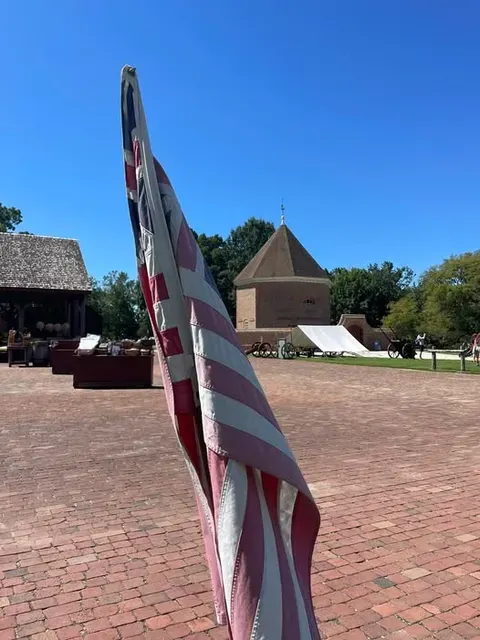
Colonial Williamsburg- Powder Magazine
Personal- ish (because let's be honest- for politicians it's all professional isn't it?)
I mean- being in the public eye doesn't allow much privacy does it? In a time when correspondence was a way to share insights about people as much as about events, there's plenty to glean about John Hancock.
In addition to old newspapers, I love other primary sources like letters, journals, and account books.
And I 100% love the book Founders on the Founders, edited by John P. Kaminski © 2008 University of Virginia Press. Kaminski has put together a what he adds into the title: Word Portraits from the American Revolutionary Era.
That says it all: he's pulled the words of contemporaries to draw a picture of each founder in his book. And as for Hancock, I have a solid image (at least of what Kaminski wants us to see- always dig deeper friends!).
It's fun nonetheless and I'd love for you to comment or email me anything you've found, primary-sourced, that paints a different picture.
Three highlights of Hancock "personally:"
1) A family divided.
John Hancock's brother-in-law, through his wife's sister Esther, was Jonathon Sewall. As vocal for liberty Hancock, member of the Sons of Liberty, was, there was a family divide. Jonathon was a vocal Tory (what nowadays we commonly hear referenced as a Loyalist) through the tumultuous 1760s.
2) Birth and death.
Hancock died young! At the age of 56, on October 8, 1793. You saw above where Adams mentioned the "delicacy of his health" and failing health is what took him. The math will get you there, but he was born January 23, 1737.
Like John Adams, Hancock was born in Braintree, Massachusetts - now known as Quincy. Side note: Adams was baptized by Hancock's father in 1734.
3) Big spender.
More than whispers seem to exist over Hancock's love for entertainment, luxuries, and overall- throwing money around to impress and gain popularity.
In what little I've dug into, mostly using The Founders on the Founders (so take that as you will) then following up through letters on the National Archives Founders Archives page, this seem a legit characterization.
I'm compelled to post James Madison's opinion of Hancock upon his second election to the Governorship:
James Madison to Edmund Pendleton New York, April 22, 1787 (p. 235 of The Founders on the Founders)
"Governor Bowdoin is already displaced in favor of Mr. Hancock, whose acknowledged merits are not a little tainted by a dishonorable obsequiousness to popular follies."
I had to look up obsequiousness; I admit it. Merriam-Webster defines it as marked by or exhibiting a fawning attentiveness.
Yes, updates may be necessary. I'll cross that bridge if/when I learn more.
RELATED: Click here to purchase The Founders on the Founders book!

Garden in Colonial Williamsburg, June, 2025
Closing words from history.
I admit you cannot tell the complete story of a man by reading one letter, especially not one excerpt. But I will say this, common themes seem to come about in letters describing John Hancock. As always though- dig deeper!
But for now, start with this fantastic 1787 letter excerpt from later-to-be United States President John Quincy Adams to his father John, our 2nd President.
Click here to read the letter in full on Founders Archives. Which I highly suggest as John Q. moves into the need for parties, the debate about paper currency, Mr. Hancock's possibly purchasing public favor, and more!
It's lengthy- no wonder he ran out of paper. (note: I've broken one long excerpt into two paragraphs for easier reading!)
John Quincy Adams to John Adams
Braintree June 30th: 1787.
Dear Sir
I am at length released from the multiplicity of business which has employ’d so much of my time, for the last eighteen months: during that period I had scarcely a leisure moment, and was forced to a degree of application, which has been injurious to my health
(letter continues)
M r: Hancock, was again elected governour, this year, and out of 18000 votes he had more than 13000; this plainly shows, that the people in general, are displeased with some part of M r: Bowdoin’s conduct: but it is the caprice of an ungrateful populace, for which it must ever be impossible to account.
M r: Hancock is very much involved in debt, if common report be true: it is even confidently asserted that his present estate would not by any means do justice to his creditors. 3 it is therefore concluded that he would favour tender acts, paper currencies, and all those measures, which would give the sanction of the law to private fraud and villainy.
(letter continues)
But I find, I have run out my paper, and must therefore omit several circumstances at present, & shall mention them to Mamma, to whom I will write by the present opportunity if I can have time to prepare a letter.
Your dutiful Son,
J. Q. Adams.
Are you enjoying this free blog? Keep it going! Use my online tip jar to buy me a coffee:
There is a huge practical disclaimer to the content on this blog, which is my way of sharing my excitement and basically journaling online.
1) I am not a historian nor an expert. I will let you know I’m relaying the information as I understand and interpret it. The employees of Colonial Williamsburg base their presentations, work, and responses on historical documents and mainly primary sources.
2) I will update for accuracy as history is constant learning. If you have a question about accuracy, please ask me! I will get the answer from the best source I can find.
3) Photo credit to me, Daphne Reznik, for all photos in this post, unless otherwise credited! All photos are personal photos taken in public access locations or with specific permission.
